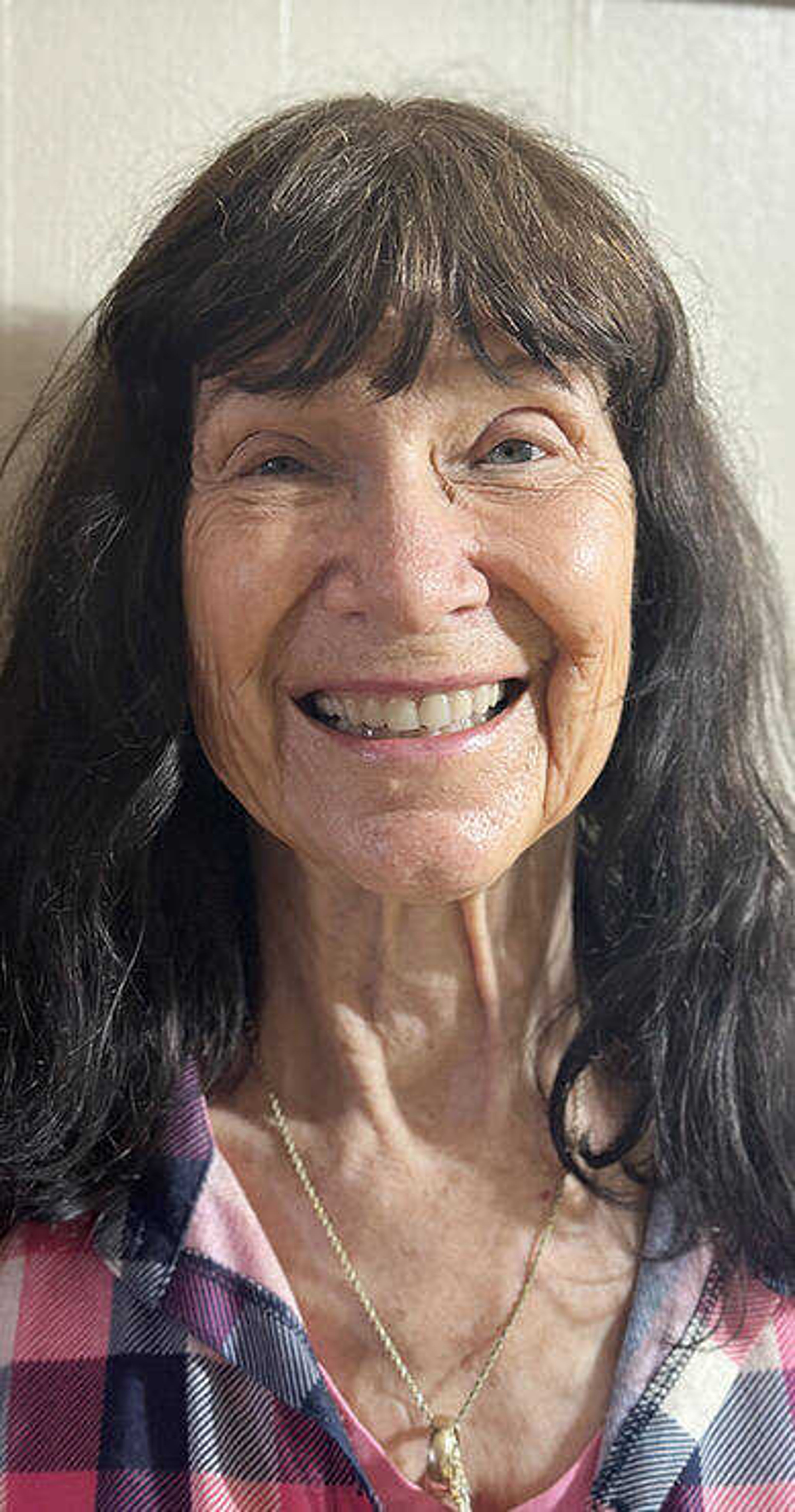It's not all about the stuff
"Dad, it's not all about stuff," said Katherine as she sat by her dad's bedside. Her father, Mark, was in critical condition. He may live, but he might not. Mark's main concern was that his financial affairs may not be handled right if he were unable to function physically and mentally. He worried about "what would become of his stuff."...
"Dad, it's not all about stuff," said Katherine as she sat by her dad's bedside. Her father, Mark, was in critical condition. He may live, but he might not.
Mark's main concern was that his financial affairs may not be handled right if he were unable to function physically and mentally. He worried about "what would become of his stuff."
Stuff. It seems like our lives revolve excessively around our stuff. We worry more about things than we do our very life -- our existence. We hold onto our stuff as if it lives and possesses a soul. Like it breathes and could do something for us.
From the time we're born, stuff is central. Besides the possession of necessary items, such as a baby bed to sleep in, we now need all kinds of baby paraphernalia. In fact, we are no longer satisfied with merely sheets, pillows and a spread on our bed. We must have bulky comforters and dozens of pillows stacked on our bed. I stumble over them on the floor when I get up. Does the stuff seal us against the darkness?
When a house burns down because of an unexpected fire, one major concern is all the stuff we have lost. Sure, people remind us the important thing is that everyone got out safely. But does that knowledge stop our misery? It's difficult to lose possessions and memorabilia, but would Jesus have been unduly concerned had he lost his few possessions? I doubt he would have lost sleep over it.
I've learned that stuff is often more a hindrance than a help. Once I heard the wife of soldier say, "Our stuff is our security. Since we move around and lack the continuity of a community, the stuff we collect means more to us than most."
Knowing how much those families rely on each another since they must constantly make new friends, I wonder how much their stuff really means. Hopefully they'll realize there's no comparison.
When people begin their adult lives, the accumulation of stuff is often a status symbol; the cars, expensive houses and clothes. Houses must be cleaned, cars serviced and washed, and too many clothes can be a burden. Stuff takes up needed space, energy and leaves less time for the spiritual.
A young man told me he was embarrassed because he had so much stuff he couldn't think of a single gift he wanted for Christmas. Instead of wondering how ailing Uncle Ned feels, people often ponder who will inherit his farm or his other possessions.
In the case of Katherine and her father, she wanted to quiet his anxiety about his material goods. He needed to spend what little energy he had on getting well. When something eventually happened to him, Katherine thought, he would have no knowledge of who got what anyway. His stuff was small compared to his life.
"What a waste," she thought. "He should use what life he has left thinking of pleasant things -- his family, others he loved and his future, hopefully in heaven."
Jesus spoke often against placing our trust, comfort level and sense of importance on stuff like money, pride and power. "What benefit would it be to someone if he gained the whole world but lost his soul?" (Mark 8:36) Where our desires lie is where we will be mentally, physically, spiritually and emotionally.
Although an adequate amount of "stuff' is necessary, we often use its accumulation to fill the empty void within, trusting its false security and prestige. If we remember that all stuff stays behind when we leave this world, we'll learn to acquire only what we need or truly enjoy for its own sake. We'll refuse to worry about what happens to the stuff left, and focus our energies, instead, on loving others and God.
Ellen Shuck holds degrees in psychology, religious education and spiritual direction and provides spiritual direction to people at her office.
Connect with the Southeast Missourian Newsroom:
For corrections to this story or other insights for the editor, click here. To submit a letter to the editor, click here. To learn about the Southeast Missourian’s AI Policy, click here.










